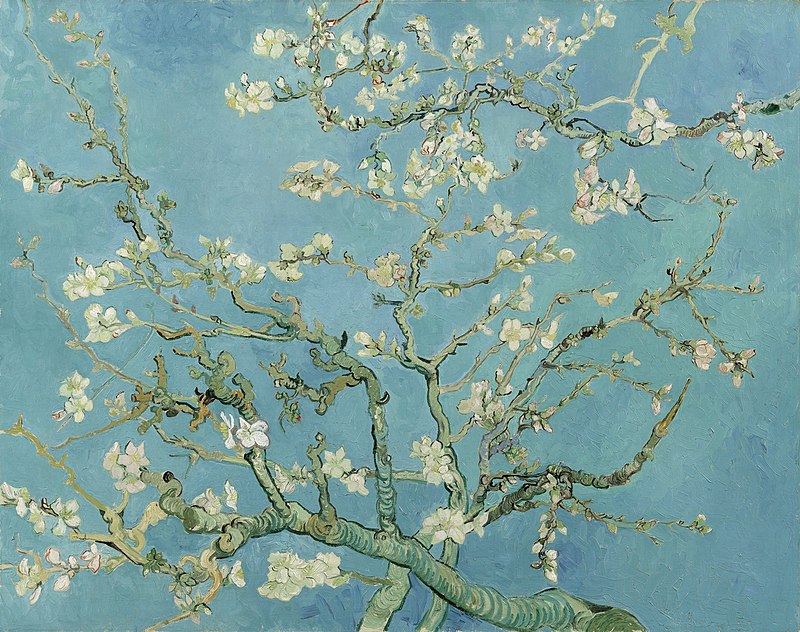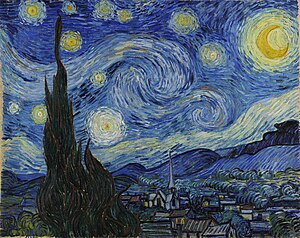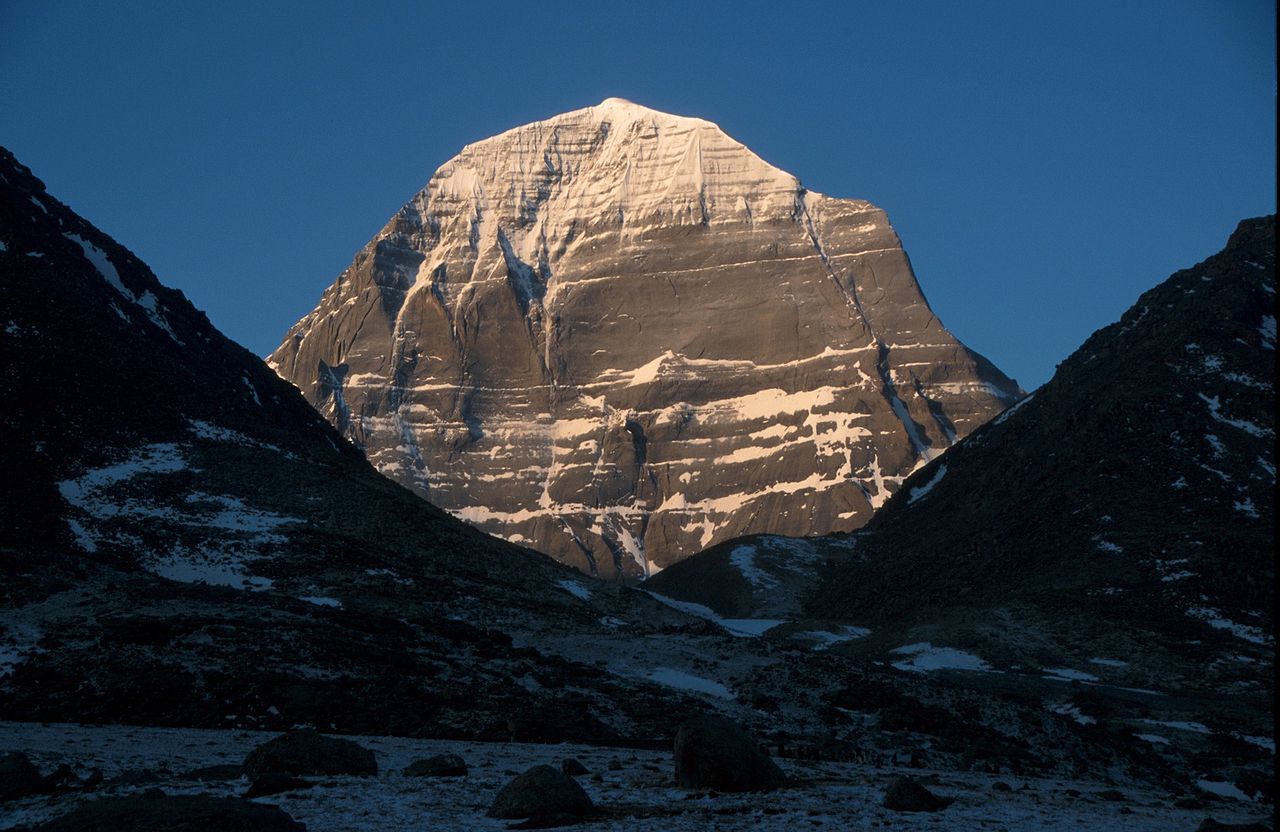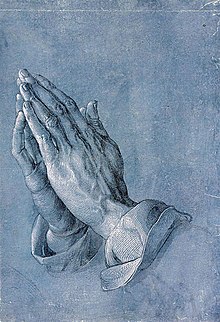“Always forgive your enemies – nothing
annoys them so much.”— Oscar Wilde
.jpg/1024px-Forgive._(2482304954).jpg) |
| SOURCE |
“I learned a long time ago that some people would
rather die than forgive. It’s a strange truth, but forgiveness is a painful and
difficult process. It’s not something that happens overnight. It’s an evolution
of the heart.”— Sue Monk Kidd
Midweek
Motif ~ Forgiveness
Sorry is the best word to earn happiness and peace
if we are the wrong doer. What if when we are the victim? Is it easy to say,
‘to err is human, to forgive divine?’ Is forgiving someone our weakness or
strength? Has the word ever posed any challenge in your life?
We are all ears.
Well, let me tell you secretly my heart sincerely
yearns for the nemesis of political crooks.
Here are some Forgiveness poems for you:
He Strained My Faith
by Emily Dickinson
He strained my faith —
Did he find it supple?
Shook my strong trust —
Did it then — yield?
Did he find it supple?
Shook my strong trust —
Did it then — yield?
Hurled my belief —
But — did he shatter — it?
Racked — with suspense —
Not a nerve failed!
But — did he shatter — it?
Racked — with suspense —
Not a nerve failed!
Wrung me — with Anguish —
But I never doubted him —
‘Tho’ for what wrong
He did never say —
But I never doubted him —
‘Tho’ for what wrong
He did never say —
Stabbed — while I sued
His sweet forgiveness —
Jesus — it’s your little “John”!
Don’t you know — me?
His sweet forgiveness —
Jesus — it’s your little “John”!
Don’t you know — me?
a total stranger one black day
by E.E. Cummings
a total stranger one black day
knocked living the hell out of me--
who found forgiveness hard because
my(as it happened)self he was
-but now that fiend and i are such
Immortal friend the other’s each
Do Not Be Ashamed
by Wendell Berry
You will
be walking some night
in the comfortable dark of your yard
and suddenly a great light will shine
round about you, and behind you
will be a wall you never saw before.
It will be clear to you suddenly
that you were about to escape,
and that you are guilty: you misread
the complex instructions, you are not
a member, you lost your card
or never had one. And you will know
that they have been there all along,
their eyes on your letters and books,
their hands in your pockets,
their ears wired to your bed.
Though you have done nothing shameful,
they will want you to be ashamed.
They will want you to kneel and weep
and say you should have been like them.
And once you say you are ashamed,
reading the page they hold out to you,
then such light as you have made
in your history will leave you.
They will no longer need to pursue you.
You will pursue them, begging forgiveness,
and they will not forgive you.
There is no power against them.
It is only candor that is aloof from them,
only an inward clarity, unashamed,
that they cannot reach. Be ready.
When their light has picked you out
and their questions are asked, say to them:
“I am not ashamed.” A sure horizon
will come around you. The heron will rise
in his evening flight from the hilltop.
in the comfortable dark of your yard
and suddenly a great light will shine
round about you, and behind you
will be a wall you never saw before.
It will be clear to you suddenly
that you were about to escape,
and that you are guilty: you misread
the complex instructions, you are not
a member, you lost your card
or never had one. And you will know
that they have been there all along,
their eyes on your letters and books,
their hands in your pockets,
their ears wired to your bed.
Though you have done nothing shameful,
they will want you to be ashamed.
They will want you to kneel and weep
and say you should have been like them.
And once you say you are ashamed,
reading the page they hold out to you,
then such light as you have made
in your history will leave you.
They will no longer need to pursue you.
You will pursue them, begging forgiveness,
and they will not forgive you.
There is no power against them.
It is only candor that is aloof from them,
only an inward clarity, unashamed,
that they cannot reach. Be ready.
When their light has picked you out
and their questions are asked, say to them:
“I am not ashamed.” A sure horizon
will come around you. The heron will rise
in his evening flight from the hilltop.
The Rest
by Margaret Atwood
The rest
of us watch from beyond the fence
as the woman moves with her jagged stride
into her pain as if into a slow race.
We see her body in motion
but hear no sounds, or we hear
sounds but no language; or we know
it is not a language we know
yet. We can see her clearly
but for her it is running in black smoke.
The cluster of cells in her swelling
like porridge boiling, and bursting,
like grapes, we think. Or we think of
explosions in mud; but we know nothing.
All around us the trees
and the grasses light up with forgiveness,
so green and at this time
of the year healthy.
We would like to call something
out to her. Some form of cheering.
There is pain but no arrival at anything.
as the woman moves with her jagged stride
into her pain as if into a slow race.
We see her body in motion
but hear no sounds, or we hear
sounds but no language; or we know
it is not a language we know
yet. We can see her clearly
but for her it is running in black smoke.
The cluster of cells in her swelling
like porridge boiling, and bursting,
like grapes, we think. Or we think of
explosions in mud; but we know nothing.
All around us the trees
and the grasses light up with forgiveness,
so green and at this time
of the year healthy.
We would like to call something
out to her. Some form of cheering.
There is pain but no arrival at anything.
Please share your new poem
using Mr. Linky below and visit others in the spirit of the community—
(Next week Sanaa’s Midweek Motif will be ~ A Million Years Howl When Voices Whisper Among The Trees )







